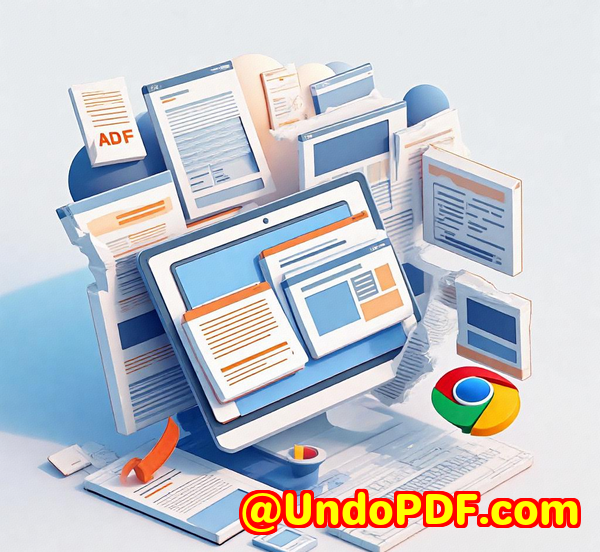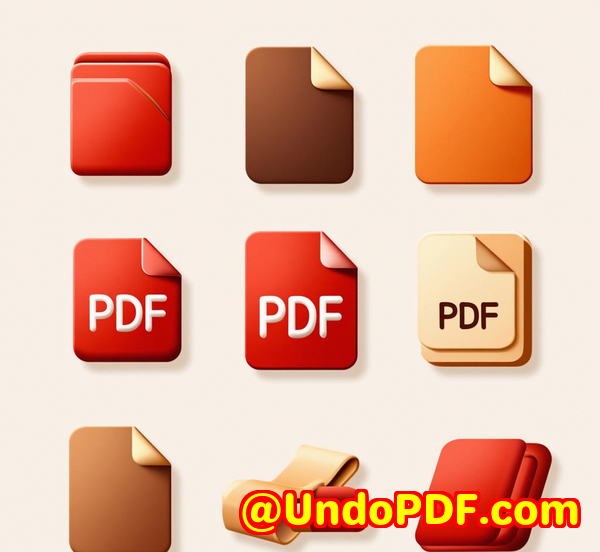Barcode Scanner SDK for JavaScript That Works in Low-Light and Damaged Code Conditions
Barcode Scanner SDK for JavaScript That Works in Low-Light and Damaged Code Conditions
Meta Description:
Scan barcodes even in the dark or when damagedVeryUtils JavaScript Barcode Scanner SDK makes it possible directly in your browser, with zero setup.
Every warehouse shift started with frustration
Every Monday at 6 a.m., I’d be elbow-deep in shipment boxes, trying to scan labels that were either torn, smudged, or stuck on crooked. The scanner? Useless half the time unless the lighting was perfect and the barcode was brand new.

We’re talking real-world problemsscanning delays, misplaced items, and hours lost re-entering barcode data manually.
And the worst part? Every so-called “web-based” barcode tool I tried either lagged, crashed, or just didn’t read anything unless conditions were flawless.
So when I stumbled across the VeryUtils JavaScript Barcode Scanner SDK, I was skeptical. Another shiny barcode toy? I’d seen them all.
But this one? It changed everything.
Found it when I’d nearly given up
I was knee-deep in researching better tools for a client’s logistics dashboard when I hit VeryUtils JavaScript Barcode Scanner SDK. What caught my eye?
“Works in low-light and with damaged barcodes.”
Big claim. But I gave it a shot.
Turns out, this SDK doesn’t just workit overdelivers. I’ve built it into three different web apps now, all running smoothly across mobile and desktop. You don’t even need to install anything. Just a browser and a camera. That’s it.
Who this is for (and who should skip it)
If you’re building:
-
Warehouse management dashboards
-
Retail checkout systems
-
Inventory tools for eCommerce
-
Delivery tracking apps
-
Event ticketing pages
-
Any camera-based web app
…then this SDK needs to be in your toolkit.
If you’re still manually typing in barcode numbers or relying on flaky plugins, this will save you hours.
So what does this SDK actually do?
Here’s the short version:
It turns any camera-enabled browsermobile or desktopinto a real-time barcode scanner, using just a few lines of JavaScript.
No weird extensions.
No installing random apps.
No fragile dependencies.
Here’s what blew my mind:
1. Flawless in low-light
Yeah, I tested it in a dimly lit storage unit using my phone. The scan still worked on a slightly wrinkled QR code stuck on a dusty cardboard box.
No jokeI’ve had iOS apps fail where this JavaScript SDK nailed it.
2. Scans damaged, smudged codes like magic
You know those barcodes that are half-peeled or slightly rubbed off? The SDK still reads them.
It uses OCR and image-enhancement behind the scenes, so it’s not just looking at linesit’s interpreting patterns smartly.
3. Batch scanning that flies
At one point, I tested it on a production line simulation. It scanned over 500 barcodes per minute, pulling from a live video stream.
The multi-barcode support isn’t just hypeit’s built for speed and scale.
4. Instant feedback for users
You get audio cues, haptic feedback (on supported devices), and visual markers. It’s super intuitiveeven grandma could scan a barcode and know it worked.
5. Offline mode with PWA support
I integrated this into a Progressive Web App for a delivery team in a low-signal rural area. It worked offline. That was a game changer for them.
They could sync scanned data later once back onlineno interruptions.
How I used it (real-world implementation)
Case 1: Internal inventory scanner
Client: eCommerce fulfilment center
Need: Staff needed a no-login web tool to scan items during stocktakes
I added the SDK to a simple internal web page. It was up and running in 30 minutes.
Staff could scan using tablets, and the scanner handled dirty, worn-out barcodes like a champ.
Case 2: Event ticket QR verification
Client: Mid-sized event with 3000+ attendees
Need: QR check-in on phones with zero installations
This SDK made it possible to scan attendee QR codes from iPhones, Androids, even old Chromebooks.
Best part? It worked under outdoor lighting, low light, backlightyou name it.
Case 3: Field technician asset tracking
Client: Utility company
Need: Technicians needed to scan asset barcodes in remote areas
They used this in offline mode on tablets. It worked like a native app. The fact that it needed no setup was a lifesaver.
Compared to other tools?
Here’s the honest truth:
Other web SDKs:
-
Struggled with real-time scanning from video feeds
-
Couldn’t handle poor lighting
-
Had terrible support for uncommon barcode formats
VeryUtils SDK:
-
Has WebAssembly-powered performance
-
Supports dozens of barcode types (from Code 39 to PDF417 to USPS IMB)
-
Delivers 99% accuracy, even under stress conditions
And the no-installation setup makes it easier to deploy for clients. That’s a huge win when you’re shipping products fast.
Why I recommend this (seriously)
If you work with barcodes or QR codes in any capacity, this tool is a no-brainer.
It’s saved me days of frustrationespecially with:
-
Poor network environments
-
Messy, inconsistent barcodes
-
Teams that don’t want to install anything
Just plug in a script, add your license key, and start scanning. That’s it.
Click here to try it out yourself:
https://veryutils.com/javascript-barcode-scanner-sdk
Custom Development Services by VeryUtils
Need something more specific? I’ve worked with VeryUtils before, and they do offer custom development servicesthey’re legit.
They cover:
-
Custom PDF tools for Windows, Linux, and macOS
-
Barcode recognition, OCR, layout detection
-
Windows Virtual Printer Drivers that convert to PDF, TIFF, EMF, etc.
-
Hook layers to monitor file access or printer jobs in Windows
-
Font tech, DRM, and document security
-
Cloud-based PDF viewers and signature platforms
-
Support for tech stacks like Python, JavaScript, .NET, C++, PHP, and more
If your project needs a specific twistlike unusual barcode formats or offline-first integrationjust contact them here:
FAQs
Q: Does it work on all browsers?
YesChrome, Firefox, Edge, Safari. If the browser supports camera access, you’re good.
Q: Can it scan multiple barcodes at once?
Absolutely. It can detect and read multiple codes in a single video frame with amazing accuracy.
Q: Is it mobile-friendly?
Totally. I’ve used it on Android, iPhones, and even iPads. It adapts beautifully to small screens.
Q: What if there’s no internet connection?
No problem. It supports offline mode through PWA integration. Sync your data later.
Q: How fast is it really?
Under load, it scanned over 500 barcodes per minute in my test. Real-time video feed decoding is smooth and quick.
Tags / Keywords
JavaScript barcode scanner
Barcode scanner SDK
Scan barcodes in low light
Web barcode scanner SDK
QR code reader JavaScript
Barcode reader for damaged barcodes
OCR barcode web scanner
Progressive Web App barcode scanner
Client-side barcode SDK
Fast barcode decoder for web apps



